Top Rinnai Electric Hot Water System Reviews & Ratings
Overview of Rinnai Electric Hot Water Systems
Rinnai electric hot water systems are designed for households of all sizes, offering various tank capacities, energy-efficient operation, and durability. With the Hotflo series, Rinnai provides reliable water heating solutions that balance performance and environmental sustainability.
Key Features
-
Variety of Tank Sizes: Ranging from 25L to 400L, catering to diverse household hot water needs.
-
Design & Build Quality: Constructed with vitreous enamel-lined steel for longevity and enhanced sacrificial anodes for superior corrosion protection.
-
Energy Efficiency: High energy ratings, with some models reaching up to 5.6-star efficiency, reducing running costs and environmental impact.
-
Performance & Reliability: Delivers a consistent hot water supply even during peak demand, with thermostatically controlled systems ensuring temperature regulation.
-
Advanced System Controls: Smart features such as temperature safety shut-offs to enhance user convenience and prevent overheating.
Cost Considerations
Installation Costs
-
Ranges from $450 to $1,800, depending on model and setup.
-
Some users report unexpected labor fees, so obtaining a detailed quote upfront is recommended.
Running Costs
-
Estimated $700 - $925 per year, depending on household water usage and efficiency settings.
-
Demand-based heating helps reduce electricity consumption, leading to long-term savings.
Customer Reviews & Testimonials
Positive Feedback
-
Reliable performance with consistent hot water supply.
-
Energy-efficient operation leading to lower power bills.
-
Durable build with long-lasting components.
Common Complaints
-
Leaking tanks and pressure valve issues reported after years of use.
-
Warranty claim difficulties, including slow customer service response.
-
Higher installation costs than initially quoted in some cases.
Environmental Impact
-
Energy-efficient design minimizes electricity use and supports sustainability goals.
-
Compatible with solar water heating systems to further reduce reliance on non-renewable energy.
-
Helps in lowering carbon footprints by reducing emissions and energy waste.
Comparative Analysis
-
Competitor Comparison: Rinnai offers competitive pricing but lacks some smart features found in high-end models from other brands.
-
Value for Money: Despite higher initial costs, long-term savings from energy efficiency make it a cost-effective investment.
Summary
Rinnai electric hot water systems are a reliable and efficient choice, offering excellent energy savings, durability, and a broad range of sizes. While there are some reported issues with warranty claims and installation costs, the overall customer satisfaction is high. If you prioritize energy efficiency and a long-lasting hot water solution, Rinnai remains a top contender in the market.
Frequently Asked Questions
What is the most efficient electric hot water system?
A heat pump water heater is the most efficient option, 2-3 times more energy-efficient than standard electric storage systems.
What tank sizes are available for Rinnai electric hot water systems?
Tank sizes range from 25L to 400L, making it easy to find a model suitable for your household.
How energy-efficient are Rinnai electric hot water systems?
Rinnai systems have high energy ratings, with some models achieving 5.6-star efficiency.
What are some common issues reported by Rinnai users?
Common issues include leaking tanks, pressure valve failures, slow customer service responses, and warranty claim difficulties.
How do Rinnai hot water systems contribute to environmental sustainability?
By reducing energy consumption and supporting solar compatibility, Rinnai systems help lower carbon emissions and electricity costs.





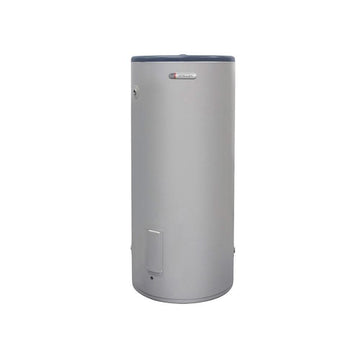
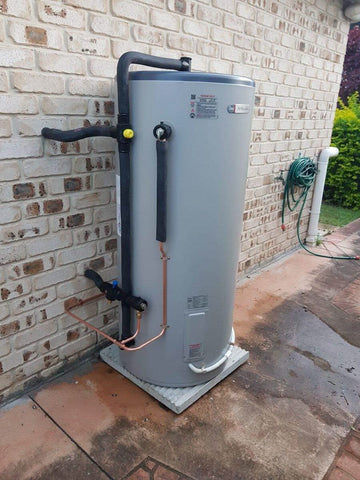
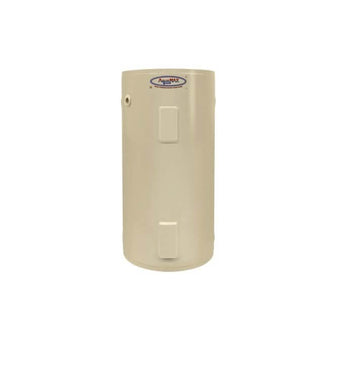
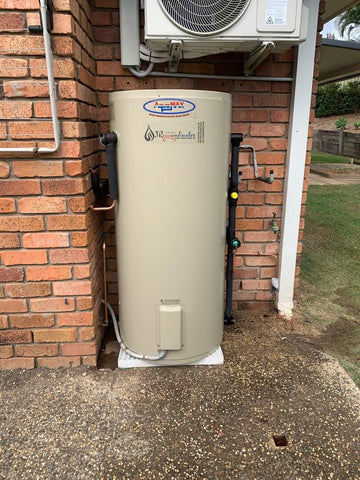
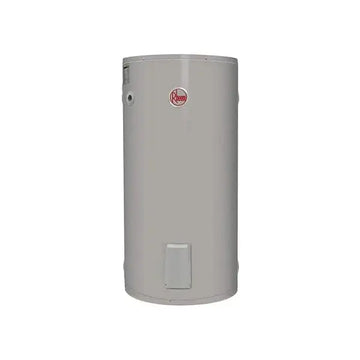
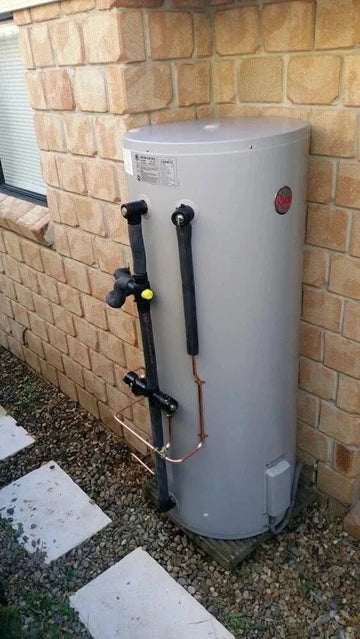
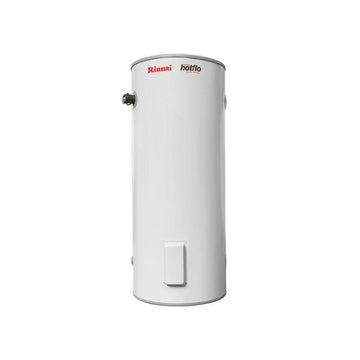
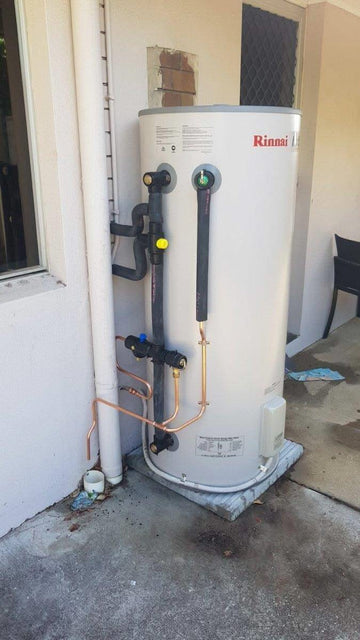
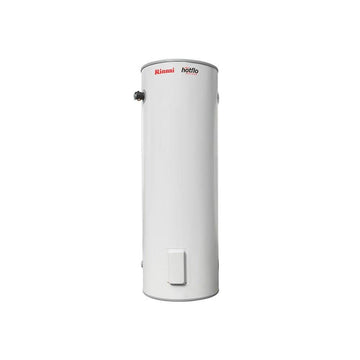
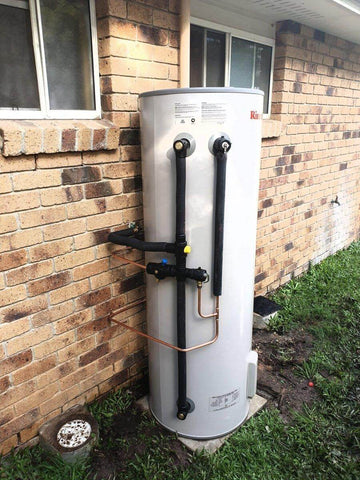
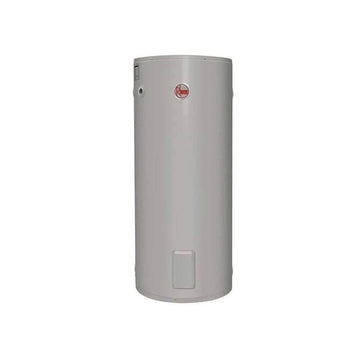
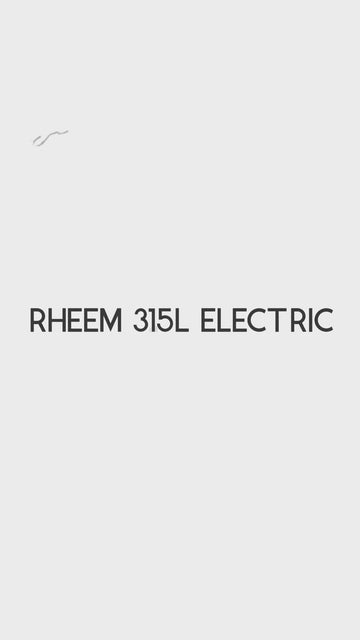
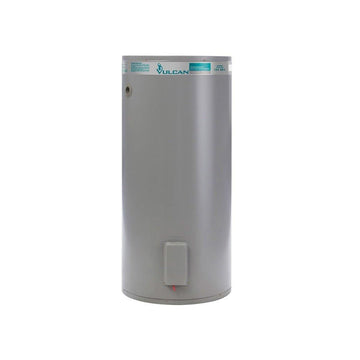

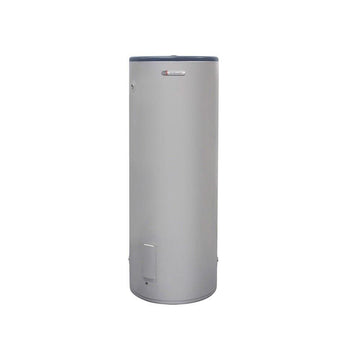
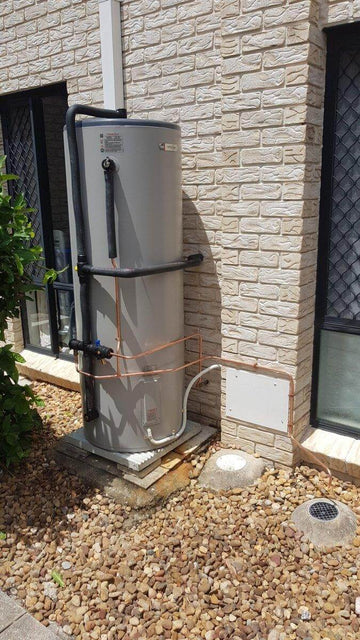
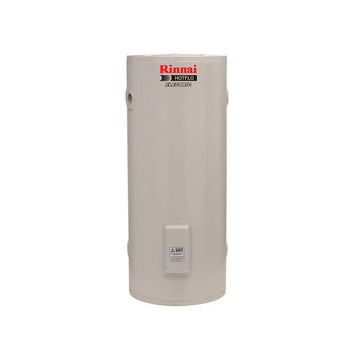
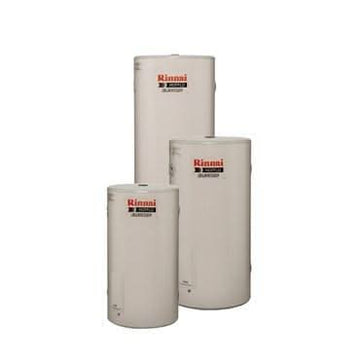
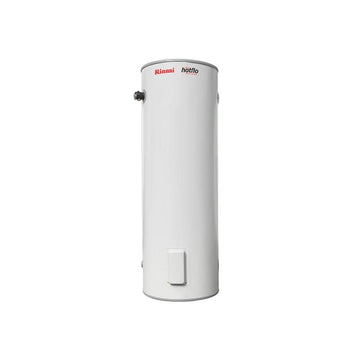
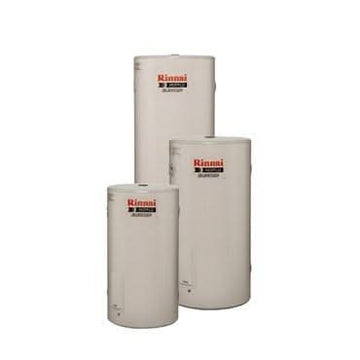
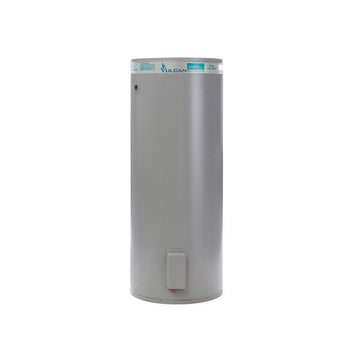
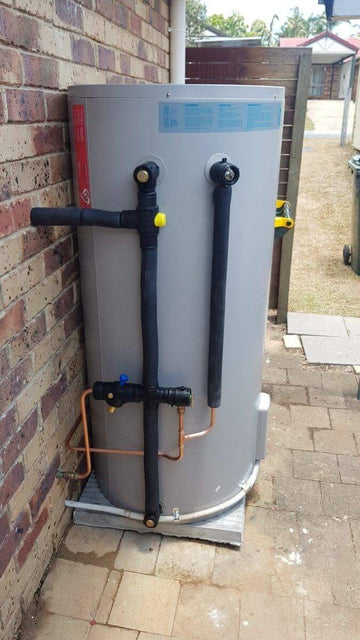

Leave a comment